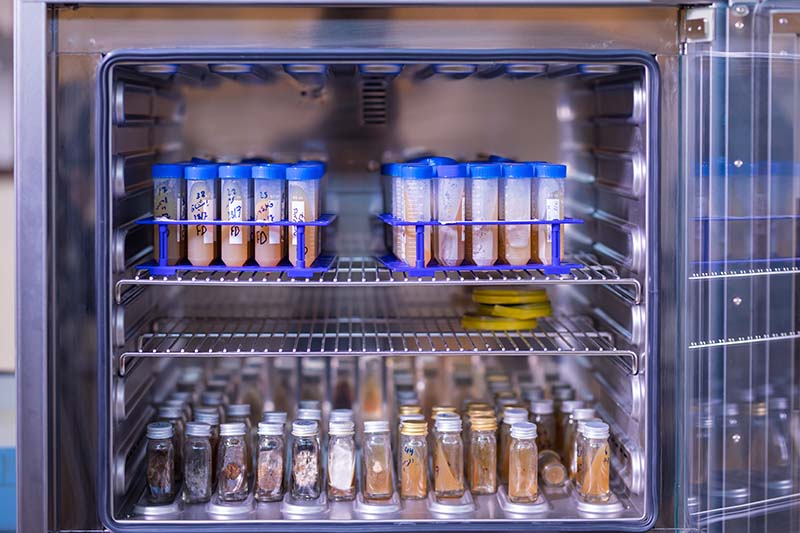The Microbiology Department
What We Do at the Department of Microbiology
The mission of the Mycetoma Research Center Microbiology Department is to advance knowledge on mycetoma pathogens, host-microbe interactions, arthropod vectors and develop interventions. Also, to improve public health and train scientists to conduct rigorous, ethical research while embracing diversity, inclusion, and the unique experiences of all department members. We believe in the power of scientific discovery. Our diverse research programmes and commitment offer students all over the country unparalleled opportunities in the laboratory, the clinic, and the field.
The department has two units; the Microbiology and Mycology Units.
The Microbiology Unit
The unit plays a role in identifying the causative organisms of mycetoma by utilizing essential microbiological, molecular, and sequencing techniques. It is involved in surveillance activities, monitoring antimicrobial resistance in mycetoma infections across different locations nationwide. The unit also supports a network of regional public health laboratories through the Antimicrobial Resistance Laboratory Network, aiding in the identification of resistant fungi and bacteria responsible for mycetoma, as well as conducting Antimicrobial Susceptibility Testing. Additionally, the unit is engaged in understanding specific mutations by employing various genetic sequencing techniques to decipher antimicrobial resistance in both fungi and bacteria.

Mycology Unit
The Mycology Unit conducts research on yeasts and filamentous fungi accountable for eumycetoma infections in humans. Employing multidisciplinary approaches, the unit delves into the biology of fungal pathogens and their pathogenesis, aiming to develop innovative diagnostic, preventive, and therapeutic strategies for fungal infections that lead to eumycetoma. Specifically, the unit concentrates on eumycetoma caused by agents associated with black grains, which are the most prevalent causative agents.
Fungi emerged as significant pathogens in the 20th century and currently represent major causes of mortality and morbidity, particularly among individuals with compromised immune systems. A key research focus of the department centers on elucidating the ecology and pathogenesis of organisms responsible for eumycetoma and their environmental distribution.
Mycetoma Grains Culture Technique
Challenges and Limitations of Mycetoma Grains Culture
The Department Staff
Mrs. Rehab Ahmed
Miss Nama Ahmed EL Shibli
Mrs Lubna EL Nour

